Getting at the truth
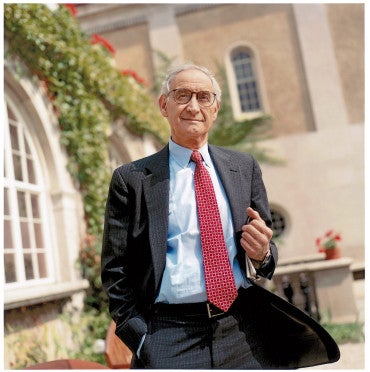
“What [Iranian President Mahmoud] Ahmadinejad’s conference [of Holocaust deniers] proclaims is that truth has no place in the world of politics; that if your ends are just, you can say anything, no matter how far-fetched. …
“But Ahmadinejad’s tortured logic seems almost broad-minded compared with Turkey’s stringent criminal prohibition on any suggestion that such a thing as its genocide of the Armenian people ever happened. …
“And then there is the converse: What about countries like Canada and many in Europe that make it an offense to offer propositions derogatory of races or religions, or to deny the Holocaust, or proposed legislation in France that would make it a crime to deny the Armenian genocide. Here, too, the truth and how we come to know it suffers. States that forbid such palpable lies degrade the currency of truth as much as those who proclaim a lie as their national policy.
“For in the end, the only way to bite the nickel to make sure it’s genuine is in discussion, debate, assertion and counterassertion. …
“There is such a thing as truth; that is why Holocaust deniers are fools or liars. But that is exactly why there can be no such thing as official truth.”
Professor Charles Fried
The Boston Globe, Dec. 13.
What about terrorism?
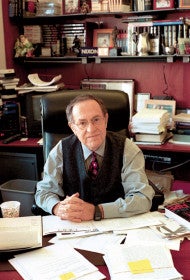
“Palestinian-Arab terrorism is virtually missing from [former President Jimmy] Carter’s entire historical account [‘Palestine: Peace Not Apartheid’], which blames nearly everything on Israel. Incredibly, he asserts that the initial violence in the Israeli/Palestinian conflict occurred when ‘Jewish militants’ attacked Arabs in 1939. The long history of Palestinian terrorism against Jews, which began in 1929, was motivated by religious bigotry. The Jews responded to this racist violence by establishing a defense force. There is no mention of the long history of Palestinian terrorism before the occupation, or of the Munich massacre and others inspired by Yasser Arafat.”
Professor Alan Dershowitz
National Post, Dec. 2.
Real superpowers negotiate
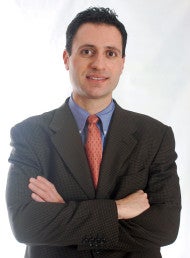
“This presidency’s foreign policy is at a crossroads. A midterm correction, animated by a unilateral openness to bilateral talks [with North Korea], however it may seem to the unsophisticated observer, is not weak. After all, our strongest asset during bilateral talks is our power to say ‘no’—to refuse demands that fail to meet American economic and security interests. Sitting down to listen and talk knowing that we reserve the full right and ability to say ‘no’ at any moment, gives up nothing. It is a sign of our power, not our weakness; our maturity as the world’s strongest democracy, not our churlishness as a schoolboy on the playground of world politics.”
Assistant Clinical Professor Robert Bordone ’97, Director, Harvard Negotiation and Mediation Clinical Program, and Albert Chang ’09
The Washington Post, Oct. 26..
The Israeli model for detainee rights
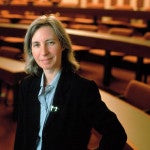
“[U]nlike the law in Israel, the U.S. [‘Detainee Bill’] gives government officials immunity from prosecution for any maltreatment of detainees that does not amount to ‘grave breaches’ under the Geneva Conventions of 1949. This is especially striking, given the exposure of abuses at Abu Ghraib and Guantánamo Bay and of the rendition of detainees to countries known to engage in torture. …
“[T]he law in Israel is more protective of individual rights—without resulting in security risks. It would have been unthinkable for any Israeli governmental lawyers to devise a legal framework that would strip the courts of their powers of judicial review.
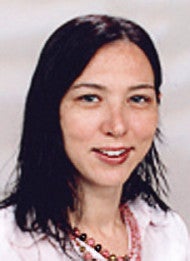
“The cost of overreaction by the U.S. Congress is enormous.”
Professor Martha Minow and Visiting Assistant Professor Gabriella Blum LL.M. ’01 S.J.D. ’03
The Boston Globe, Oct. 18.